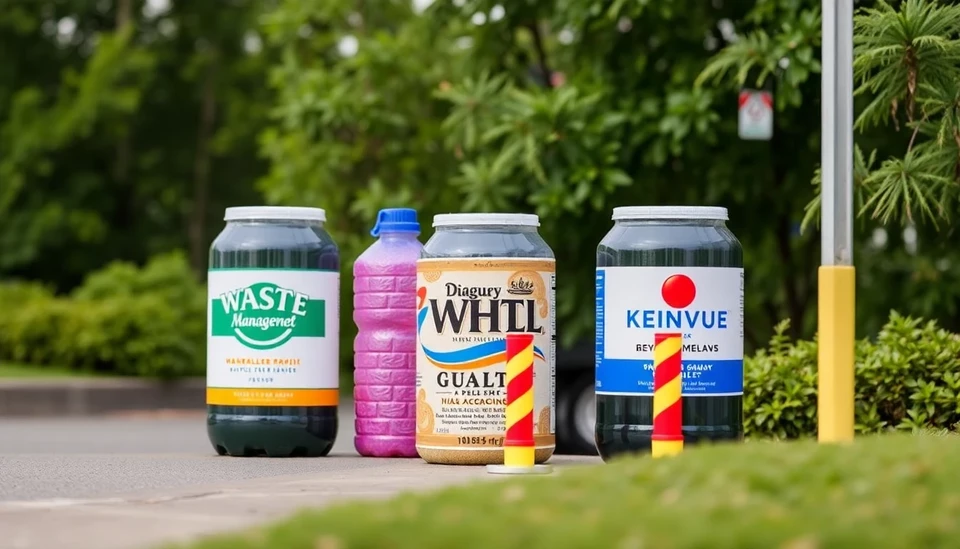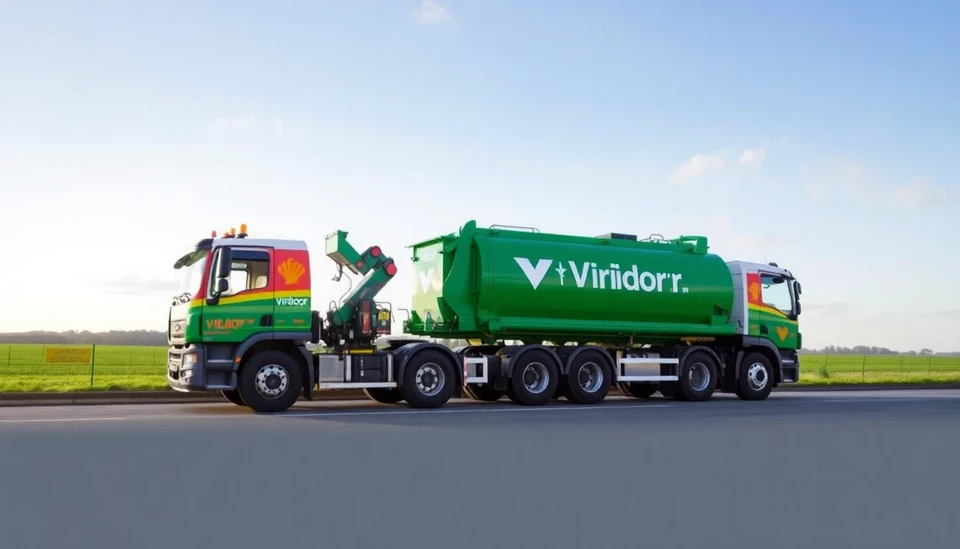
In a rapidly evolving economic landscape, major corporations such as Waste Management, Diageo, and Kenvue are navigating complex tariff situations that could significantly impact their operations and profit margins. Recent discussions around potential tariffs have led these companies to develop strategic responses to safeguard their interests while maintaining their market positions.
Waste Management (WMT), a key player in the waste management sector, is particularly concerned about an impending increase in tariffs on imported goods. The company has signaled its proactive measures to mitigate costs by potentially reinforcing its supply chains and revisiting pricing strategies. As tariffs rise, Waste Management is looking at ways to optimize operational efficiency to avoid passing the costs onto consumers, which could strain its customer relationships.
Diageo (DEO), a global leader in beverage alcohol, finds itself at a similar crossroads. The company has warned that escalating tariffs on key ingredients and packaging could affect its production costs severely. In response, Diageo is exploring various avenues, including local sourcing of materials and the potential adjustment of its pricing models. The company’s leadership stressed the importance of agility in operations to adapt quickly to these tariff challenges while continuing to deliver value to shareholders and customers alike.
Meanwhile, Kenvue (KVUE), the health and personal care spin-off of Johnson & Johnson, is also bracing for the ripple effects of tariff changes. The organization is closely monitoring the regulatory landscape as it could lead to increased costs for its consumer products. Kenvue is assessing its distribution strategies to ensure that it can maintain competitive pricing without compromising quality—a crucial factor in retaining its customer base in a highly competitive market.
Market analysts suggest that as these companies confront potential tariff hikes, they may also look to diversify their supply chains further, seeking alternatives that help them offset the financial burden of increased costs. By investing in technological innovations and sustainability initiatives, they aim to not only navigate the tariff landscape but also strengthen their long-term market positions.
The future for Waste Management, Diageo, and Kenvue is fraught with challenges, yet it also represents a crucial moment for growth and adaptation. How these corporations pivot their strategies in response to the shifting winds of tariffs will be instrumental in shaping industry dynamics in the months to come.
While the implications of these tariff scenarios remain uncertain, stakeholders will be watching closely as these companies unveil their plans in upcoming earnings calls and public announcements. The agility and resilience of these corporations may very well determine their success in a turbulent economic environment.
As the scenario develops, investors, analysts, and consumers alike are left wondering not only how these changes could impact market prices but also how they could shape the competitive landscape in the industry.
In summary, Waste Management, Diageo, and Kenvue's response to potential tariff changes epitomizes the broader challenges faced by global corporations. With strategic adjustments and innovative solutions, these firms hope to remain resilient and thrive amidst economic uncertainties.
#WasteManagement #Diageo #Kenvue #TariffImpact #SupplyChain #BusinessStrategy #MarketAnalysis #EconomicTrends
Author: Victoria Adams




